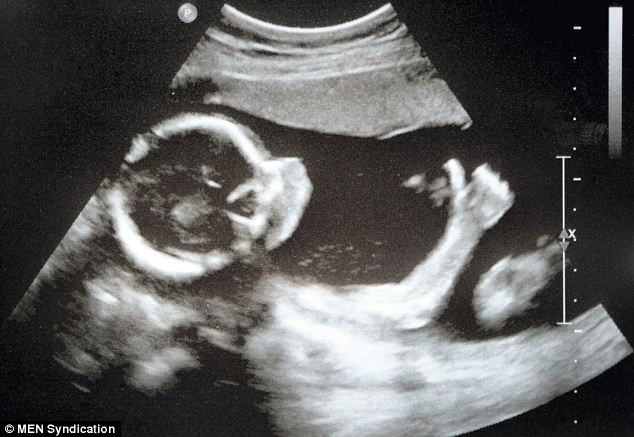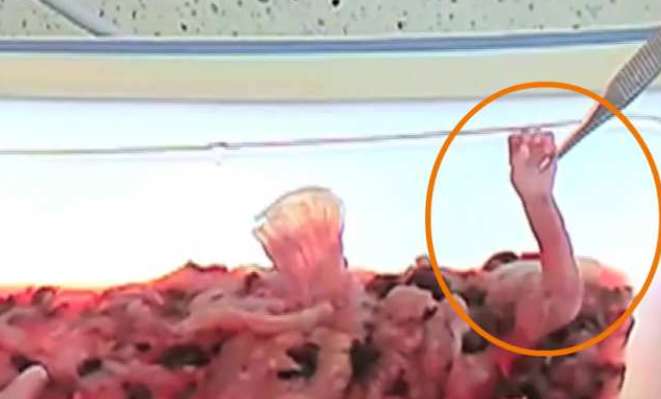Three-person baby ‘race’ dangerous
BBC News 12 October 2016
Family First Comment: The warnings are clear – “They are ignoring ongoing policy debates and conducting dangerous and socially fraught experiments on mothers and children. And they appear to be actively seeking a media splash on the way down. Use of these biologically extreme procedures for infertility is based purely on speculation.”
The race to make babies from three people is a major worry, duping couples and a dangerous experiment on mums and babies, warn scientists and ethicists.
The UK, which pioneered the advanced form of IVF, was the first country to introduce laws to allow the creation of babies from three people.
Yet the first baby was born in Mexico.
And despite the technique being designed to eliminate disease, it has been used as an unproven fertility booster in Ukraine.
Both countries have less fertility regulation than the UK.
How to make a three-person baby?
Three-person IVF was devised to prevent the repeated heartache of losing children to illnesses caused by defective mitochondria.
The tiny structures in our bodies convert food into useable energy and are passed on only through the mother’s egg.
Three-person IVF takes the DNA from mum and dad and puts it in an egg from a donor woman. The resulting child has 0.1% of its DNA from the donor.
Why make babies from three people?
The advanced form of IVF was developed at Newcastle University in the UK and the final safety checks were completed in June.
So the Mexico birth and the procedure being offered as a fertility treatment has caused concern.
“We appear to be in a race to the bottom,” warned Dr Marcy Darnovsky from the US Centre for Genetics and Society.
Criticising doctors offering the technique, she added: “They are ignoring ongoing policy debates and conducting dangerous and socially fraught experiments on mothers and children. And they appear to be actively seeking a media splash on the way down.”
“Use of these biologically extreme procedures for infertility is based purely on speculation.”
It is argued that some cases of infertility are caused by a “poor” environment inside the egg such as insufficient or old mitochondria or an imbalance in the chemicals necessary to trigger embryo development.
And that the three-person technique could overcome those deficiencies.
‘Unstoppable’
Dr Dusko Ilic, from King’s College London, said there was no way to stop IVF clinics offering the procedure.
While the UK was the first country to create laws to legalise three person IVF, it is legal by default in many countries with little-to-no regulation.
Dr Ilic told the BBC News website: “IVF clinics are jumping on the bandwagon and rushing ahead, whereas the Newcastle team did all the hard due diligence work.
“The major worry is how technically skilful these clinics are, what quality control measures are in place and what information they provide to desperate patients seeking help.
“Are those patients aware of all risks involved?”
READ MORE: http://www.bbc.com/news/health-37607528





